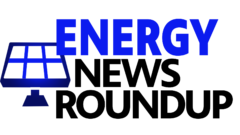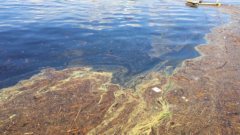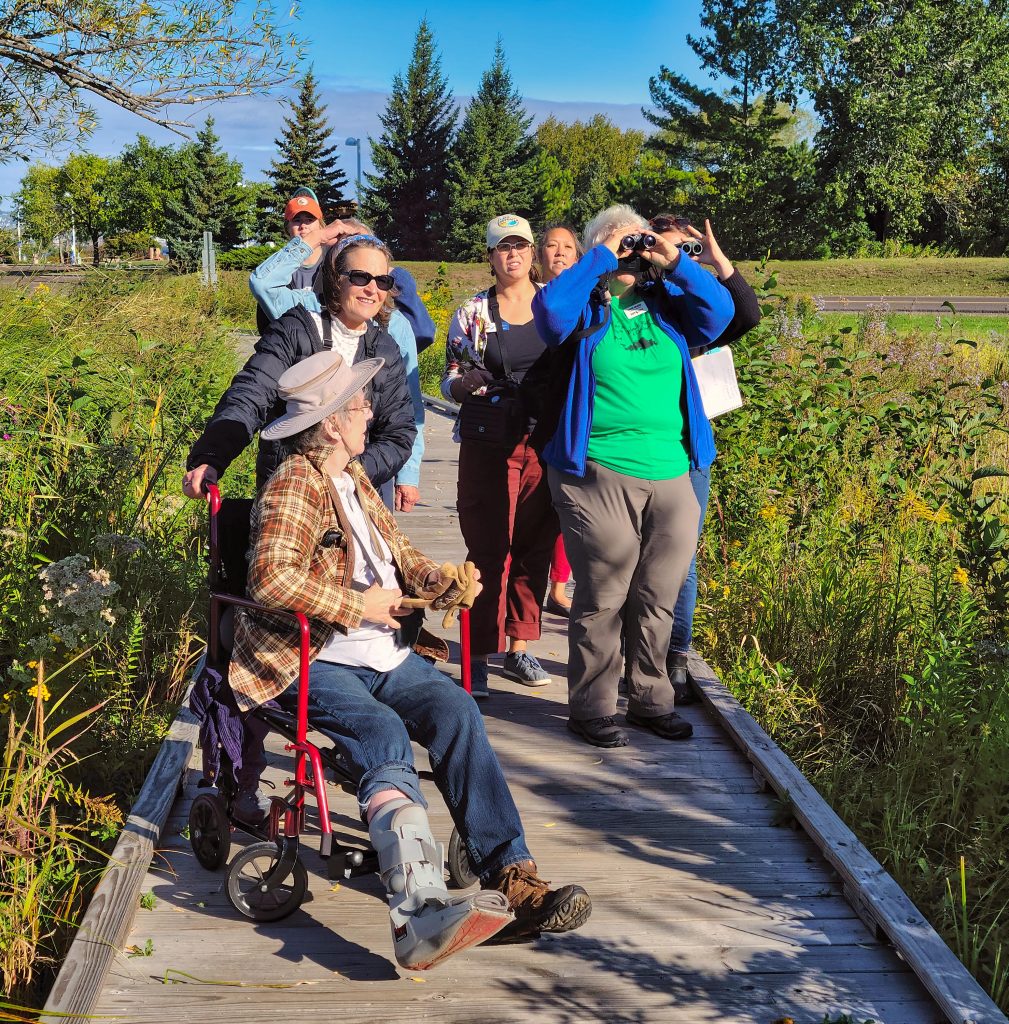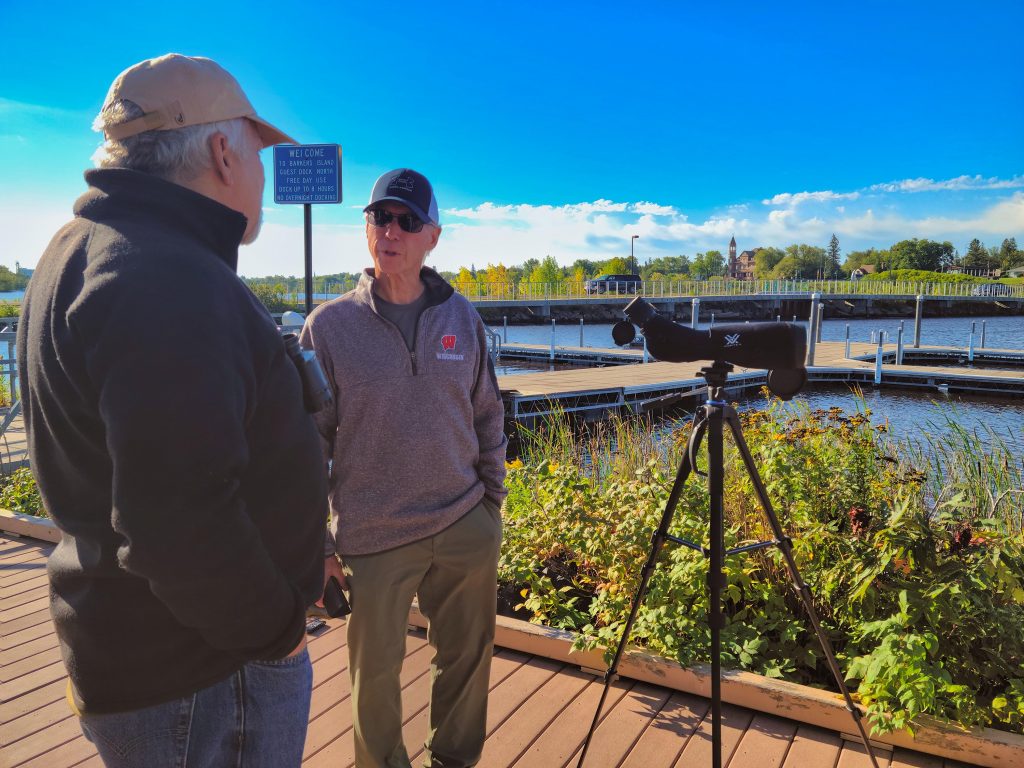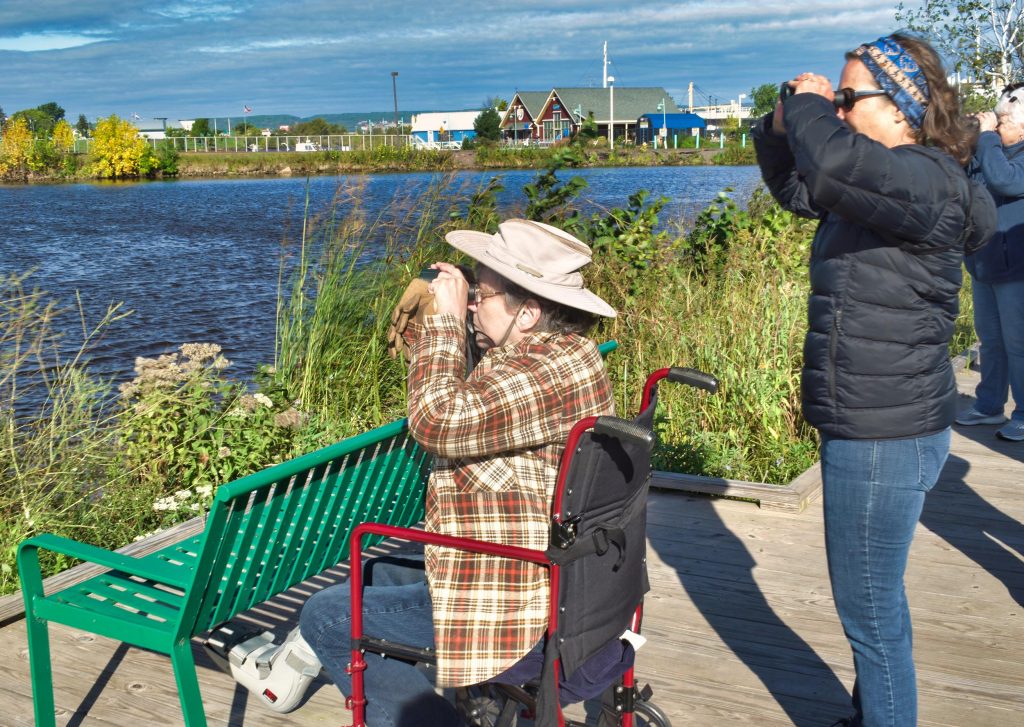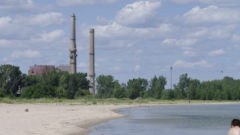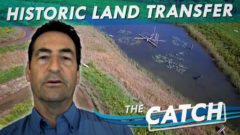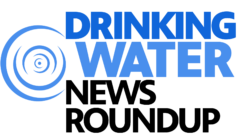The Catch: Why lightning bug population is dimming
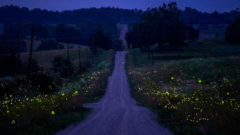
Broadcasting in our monthly PBS television program, The Catch is a Great Lakes Now series that brings you more news about the lakes you love. Go beyond the headlines with reporters from around the region who cover the lakes and drinking water issues. Find all the work HERE.
This month, The Catch features why lightning bugs are in trouble.
Great Lakes Now
https://www.greatlakesnow.org/2022/10/the-catch-lightning-bug-population-dimming/



